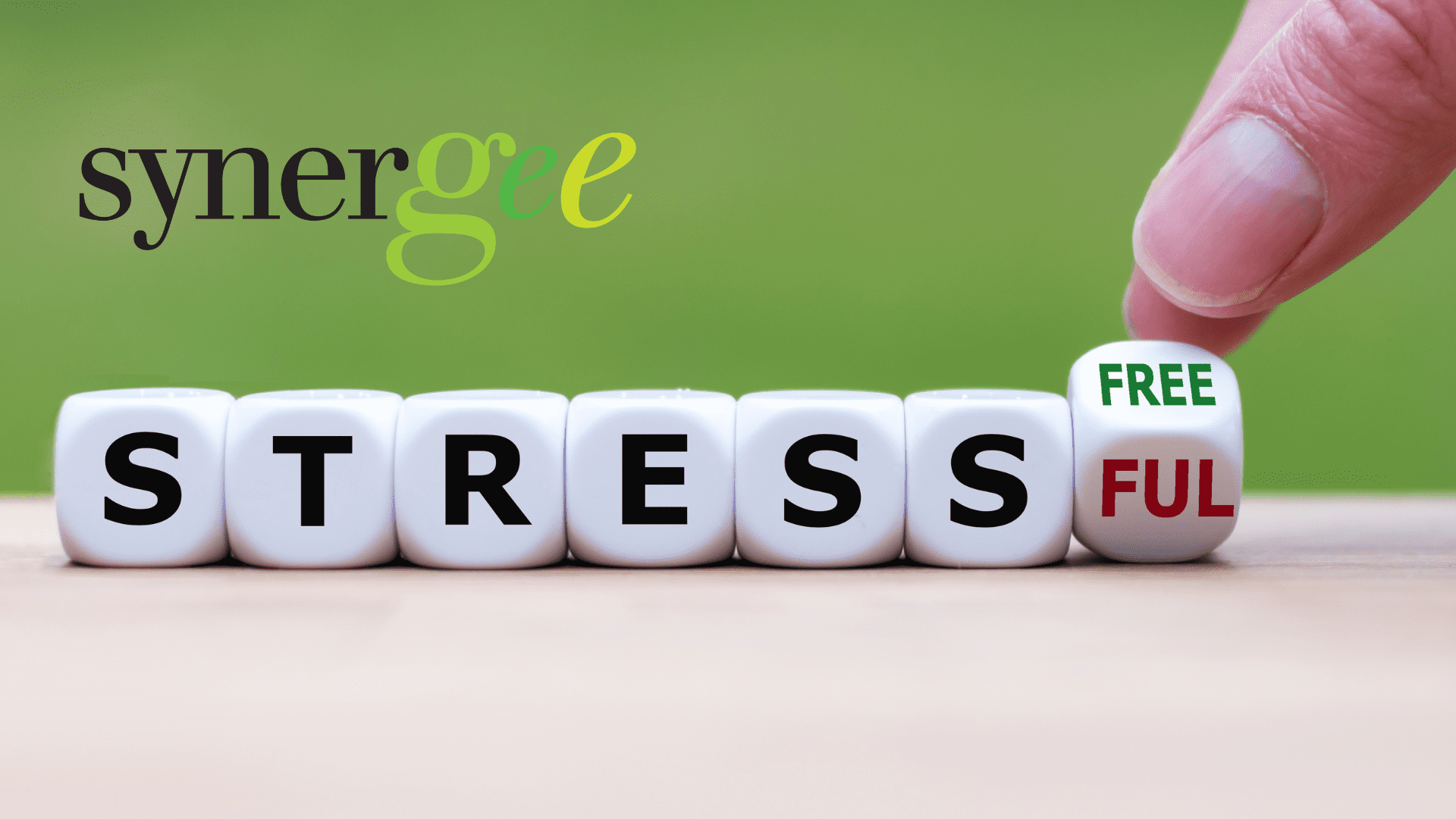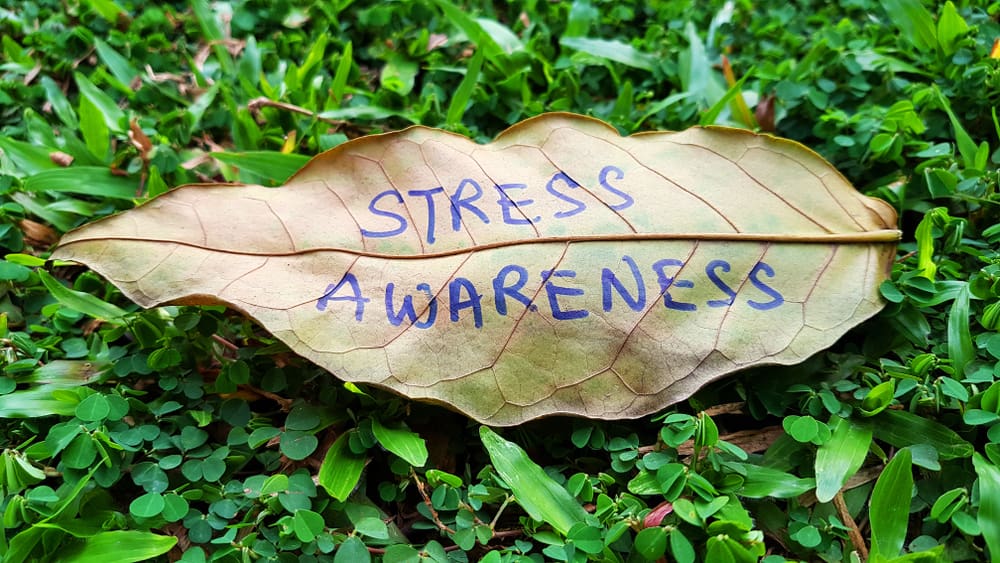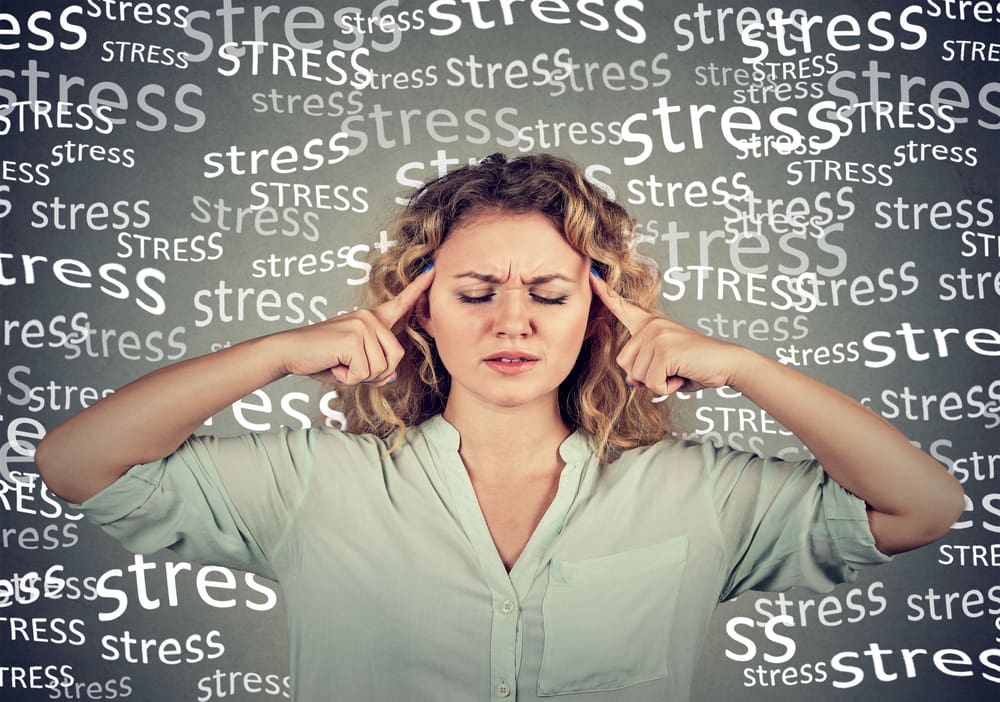
How to Master Stress
How to Master Stress
When you hear the word stress, what comes to mind? Tense shoulders? Racing thoughts? That existential “I have too much to do and not enough hours in the day” vibe?
What if we told you stress isn’t the enemy—it’s just… misunderstood?
Let’s get into it.
Stress Isn’t an Emotion—But It’s the Root of All of Them
Here’s the deal: stress isn’t exactly an emotion, but it’s often the spark behind them. When your internal world (your thoughts, feelings, physiology) doesn’t match your external world (deadlines, traffic, screaming toddler), stress shows up to close that gap.
Think of it as the emotional middleman between your experience and your reaction.
Understanding the Stress Response (Without Falling Asleep)
Your body is hardwired for stress. That’s not a glitch—it’s survival software.
Enter: the sympathetic nervous system, aka the “fight or flight” response. It’s like flipping a biological switch that says: We’ve got a situation!
When stress hits, a series of neurons (called the sympathetic chain ganglia) send out chemical messengers like adrenaline (epinephrine). These prep your body to move. Blood pumps to your muscles, your heart races, and your digestive system? Well, it’s told to take a break. You don’t need to digest a sandwich when you’re outrunning a metaphorical (or actual) tiger.
But here’s the cool part: this system isn’t just reactive—it’s trainable. And that’s where things get interesting.

The Fastest Stress Hack on Earth: The Physiological Sigh
Forget bubble baths and chamomile tea. One of the most effective ways to calm down quickly is something you’re already doing—just not consciously.
It’s called the physiological sigh. And it goes like this:
- Take a deep inhale through your nose.
- Take a second, smaller inhale on top of it.
- Exhale slowly and fully through your mouth.
Repeat this 1–3 times, and boom—your stress levels drop.
Why it works: This double inhale re-inflates little air sacs in your lungs (called alveoli), and the long exhale helps you offload excess carbon dioxide, which signals your brain to chill out. It’s science, baby.
Short-Term Stress = Secret Superpower?
We’ve been taught to fear stress, but here’s the truth: short-term stress is actually good for you.
Yep, you read that right. In small doses, stress:
- Boosts your immune system
- Enhances focus and cognition
- Sharpens decision-making
- Primes your body to fight off infection
So no, that adrenaline rush before a presentation or a cold shower isn’t hurting you—it’s conditioning your body to rise to the occasion.
The Wim Hof Effect: Using Breath to Boost Immunity
Here’s where things get a little wild (and very cool).
In a study involving Wim Hof-style breathing, participants were injected with endotoxins (AKA fake infection) to mimic getting sick. Half did a specific breathing technique: 25 fast breaths, breath hold, repeat.
The result? That group barely felt any symptoms. Why? Because that intentional hyperventilation triggered a short-term stress response that activated their immune defenses—like turning on an internal superhero mode.
Word of caution: don’t try this near water or without medical supervision. But the takeaway? Your breath is powerful.
Medium-Term Stress: Building Your Resilience Muscle
Stress that lasts for days or weeks (looking at you, big projects or life transitions) is a different beast. You’re not trying to eliminate it—you’re trying to raise your stress threshold.
Here’s how:
- Expose yourself to safe, controlled stress (like cold showers or high-intensity workouts).
- While your body is activated, consciously relax your mind.
- Practice panoramic vision—deliberately widen your gaze to calm your brain.
This combination trains you to stay mentally cool even when your body is in high gear. It’s like lifting emotional weights. Over time, what used to feel overwhelming will become manageable.
Long-Term Stress: The Real Villain (And How to Outsmart It)
Let’s be clear: chronic stress is not your friend. When stress becomes a lifestyle—months of non-stop pressure with no recovery—it can lead to:
- Sleep disruption
- Hormonal imbalances
- Heart disease
- Brain fog and burnout
So how do you turn it off?
The Answer: Connection and Delight
Turns out, the real antidote to long-term stress isn’t hiding in a pill bottle. It’s in your relationships, your dog, your favorite hobby, your favorite playlist—anything that gives you a sense of trust, comfort, and joy.
These experiences increase serotonin, a chemical that stabilizes your mood, strengthens your immune system, and promotes neural repair. Bonus points if your joyful activity involves play, pets, or people you love.

Bonus Tools: Supplements (With Caution!)
If you’re looking for some added support, here are three compounds worth exploring—just be sure to talk with your medical provider first:
- L-Theanine: Found in green tea, promotes calm without sedation. Great for winding down.
- Ashwagandha: An adaptogen that helps lower cortisol and ease anxiety.
- Melatonin: Use sparingly. It’s great for helping you fall asleep, but high doses can mess with your hormones—especially if you’re taking it regularly.
Final Thoughts: Don’t Fear Stress—Learn to Dance With It
Stress isn’t a flaw in your system—it is the system. It’s how your body helps you pay attention, protect yourself, and power through challenges.
But like any tool, it has to be used wisely. With the right knowledge, you can go from overwhelmed to empowered.
So next time you feel your heart rate spike or your brain spiral, remember: you’ve got the science and the tools to steer the ship.
Breathe. Expand your vision. Call a friend. Take a cold shower. Laugh at a meme. You’ve got this.
And if you’re ever in doubt, just sigh it out—double inhale, long exhale.

